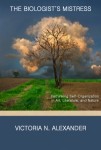 Dactyl Foundation is pleased to announce the publication of Victoria N. Alexander’s The Biologist’s Mistress: Rethinking Self-Organization in Art, Literature and Nature.
Dactyl Foundation is pleased to announce the publication of Victoria N. Alexander’s The Biologist’s Mistress: Rethinking Self-Organization in Art, Literature and Nature.
Teleology is like a mistress to the biologist; he dare not be seen with her in public but cannot live without her –J. B. S. Haldane
Drawing on her experiences as a complexity theorist, novelist and art-theorist, Victoria N. Alexander examines the history and practices of teleology, the study of purpose, in nature as well as in human behavior. She takes us “inside” paradoxically purposeful self-organizing entities (which somehow make themselves without having selves yet to do the making), and she shows us how poetic-like relationships—things coincidentally like each other or metaphoric and things coincidentally near each other or metonymic—help form organization where there was none before. She suggests that it is these chance language-like processes that result in emergent design and selfhood, thereby offering an alternative to postmodern theories that have unfairly snubbed the purposeful artist. Alexander claims that what has been missing from the general discussion of purposefulness is a theory of creativity, without which there can be no purposeful action, only robotic execution of inherited design. Thus revising while reviving teleology, she offers us a secular, non-essentialist conception of selfhood as an achievement that can be more than a momentary stay against the second law.
The book includes anecdotes about Dactyl Foundation’s artists and history. All proceeds from book sales will be donated to the foundation to help support educational programs and research in art-science.
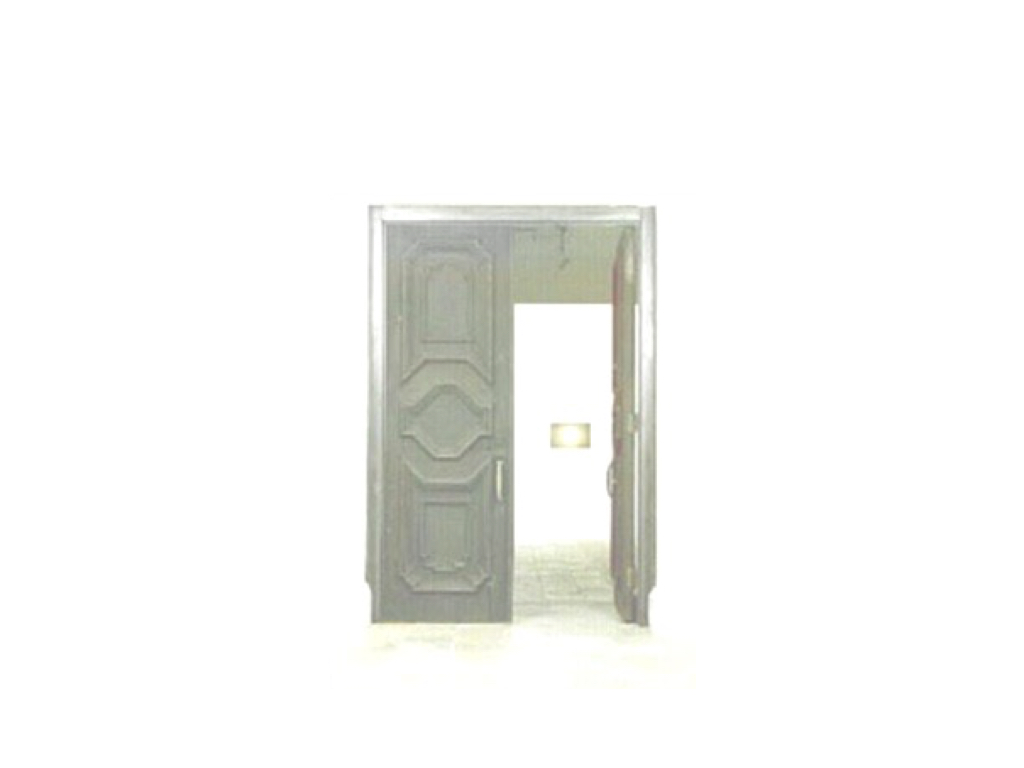
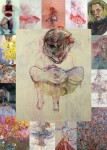
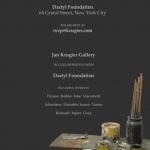
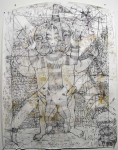
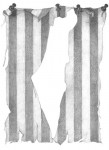
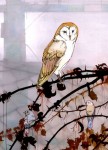
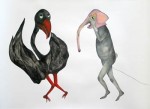
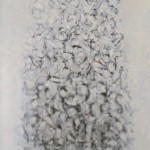
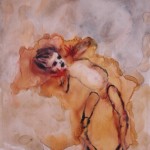
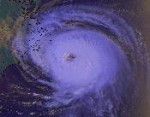 Complexity Science and the Arts
Complexity Science and the Arts